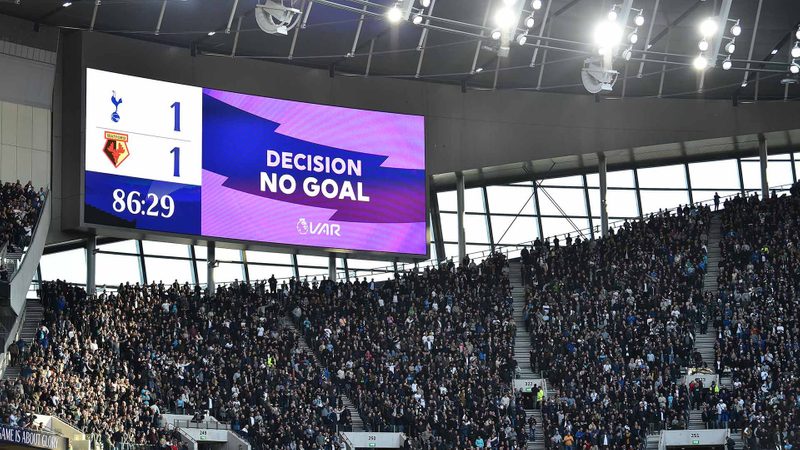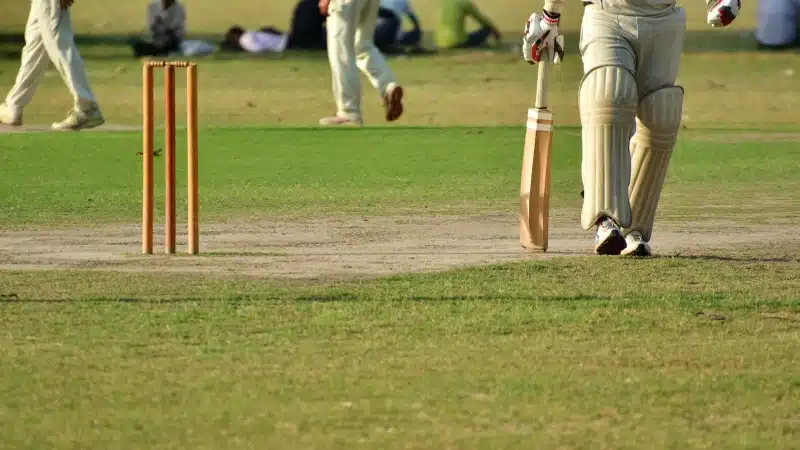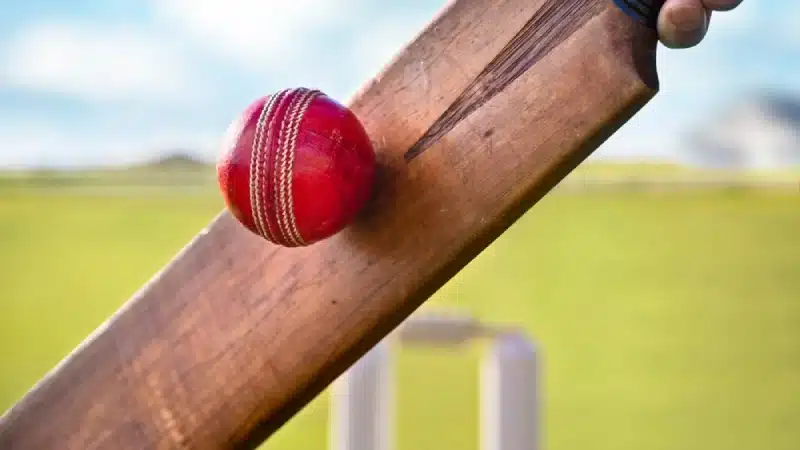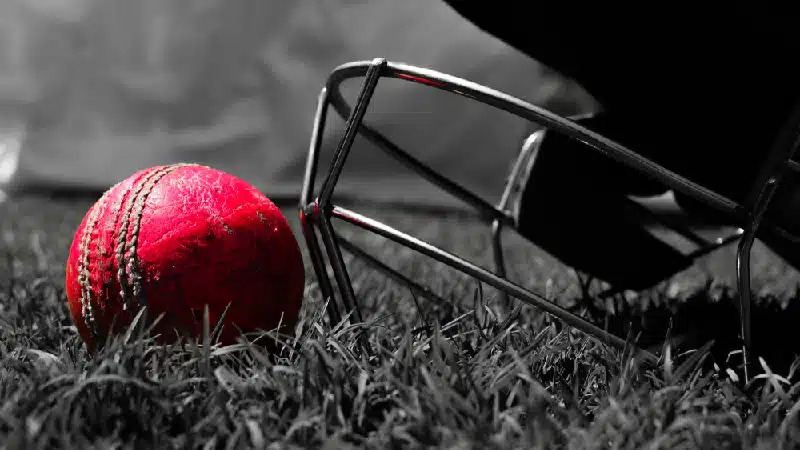
Three months into the Premier League's first season using VAR, confusion and anger abounds, from managers, players and fans, at the inconsistent use of the technology.
England's top flight was the last of Europe's big five leagues to implement VAR, with the objective of observing and learning from mistakes made elsewhere.
However, the desire not to re-referee games or overly disrupt the flow of matches by encouraging referees to come to the side of the pitch to review incidents on monitors has led to an inconsistent application of the rules.
Offside decisions do not fall into the category of needing to be a "clear and obvious" error and have therefore been regularly overturned.
I predict there will soon be a counter-revolution against VAR in football. Technology will be left to goal-line and may be offside. Team captains will be allowed 3 challenges per game, once they've used them up, ref's decision is final.
The current drama just aint sustainable— Joseph Kabuleta (@JKabuleta) October 25, 2019
But for penalties, red cards and fouls in the build up to goals, the high bar for changing the initial decision by the referee means few have been overturned.
Ninety games into the season, not a single penalty has been awarded by VAR, nor has a referee come to the sideline to review his initial decision.
"The Premier League needs to bite the bullet and make sure the video referee intervenes," said former referee Peter Walton in The Times.
"Such interventions wouldn't belittle the referee," he added. "They don't always have the best view, and I would have welcomed that help as a referee."
Last Saturday Aston Villa, Burnley and Wolves had goals ruled out by VAR, the most contentious of which saw Burnley denied a late draw at Leicester for the slightest of touches by Chris Wood on the ankle of Foxes' defender Jonny Evans.
Some thoughts on VAR in the Premier League, and where it's going.
There are two key issues that have to be addressed, and they are actually inter-linked: Not giving any penalties and referees not using the pitchside review monitors.
— Dale Johnson (@DaleJohnsonESPN) October 21, 2019
A day later, a similar challenge from Manchester United's Victor Lindelof on Liverpool forward Divock Origi went unpunished before Marcus Rashford opened the scoring at Old Trafford.
Liverpool boss Jurgen Klopp questioned whether the on-field official would have made a different decision without VAR to back him up.
"The ref let the game run because he has VAR, but VAR says then it was not clear so we could say it is not a foul so I don't overrule it. It doesn't make too much sense."
VAR rethink?
Burnley boss Sean Dyche reiterated his support for VAR, but believes the bar to overturn penalty decisions in particular is too high.
"I think we all agree there's been a few that should have been turned over. They should be turned over if they genuinely think they're wrong."
Worryingly for the league and referee body the PGMOL, players and managers are already losing faith in the Premier League's implementation of the system.
"We are in the Premier League. It should be perfect and if it's not perfect then we shouldn't be using it," said Liverpool defender Andy Robertson.
Jurgen Klopp not happy with VAR and how it’s used in the Premier League.
“Like the penalty Man City didn’t get yesterday (vs Palace). Come on. That’s 100% penalty and nothing else.
— City Chief (@City_Chief) October 20, 2019
Watford boss Quique Sanchez Flores said the use of VAR was "very subjective" and Manchester City's Pep Guardiola sarcastically said his players must be "diving" after a host of strong penalty appeals went unanswered.
Speaking ahead of the season, the Premier League's chief of referees Mike Riley said: "We don't want VAR to come in and try to re-referee the game.
"We actually want it to protect the referees from making serious errors, the ones everybody's goes: 'Well, actually, that's wrong.'".
In practice, that application has seen many wrong calls that were not overturned leading to cries to lower the bar for VAR.
Feature image courtesy: AFP / Glyn Kirk




















